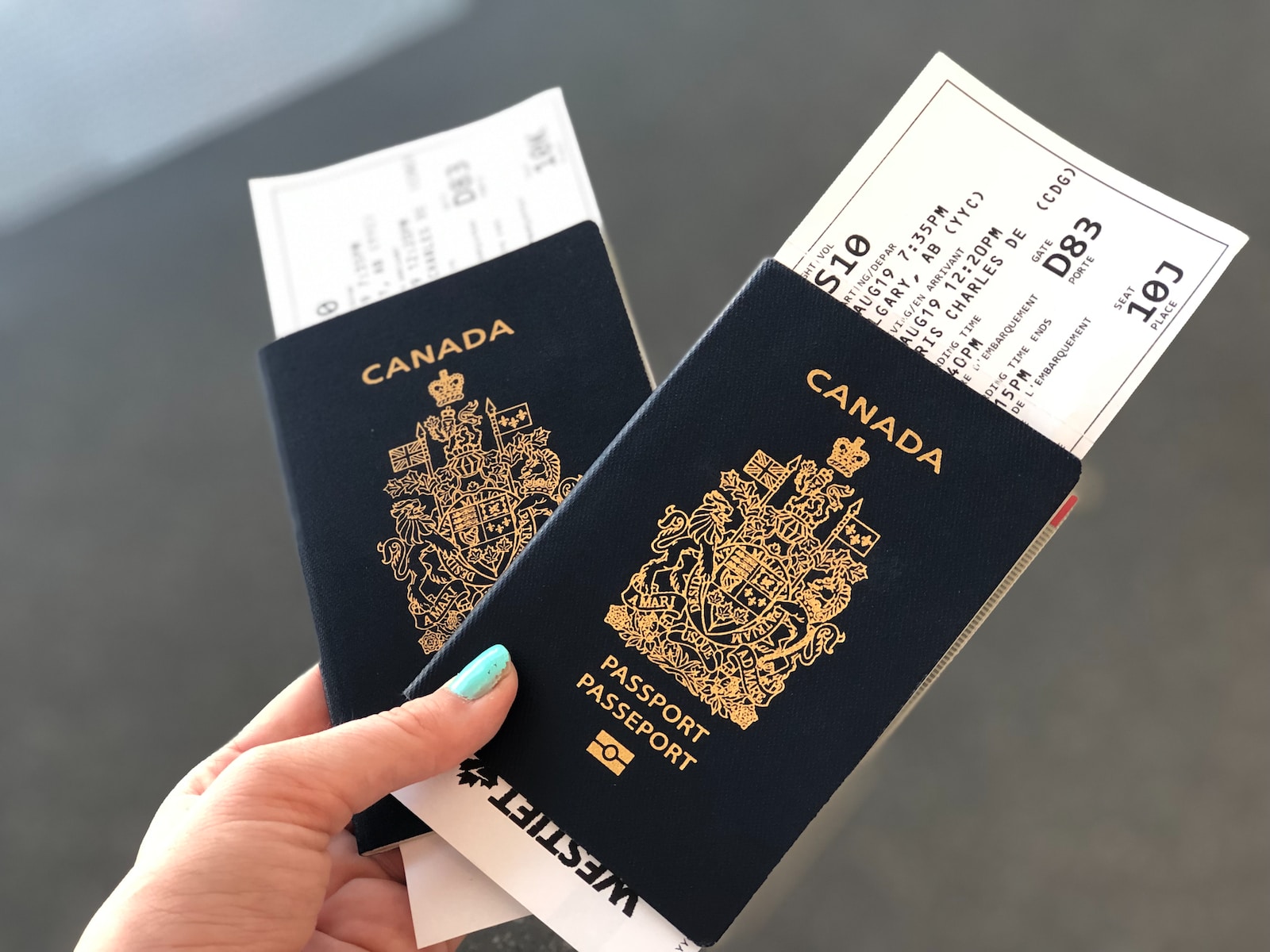Do it Yourself Approach
The DIY approach: Before proceeding with your school abroad applications, it is important to seek expert guidance. Your application process is as important as any other aspect of the process and shouldn’t be handled carelessly. There are so many reasons why you should seek expert guidance. From helping you dig through various countries to university options to courses of study and the like, experts help you choose wisely. Besides, applying to study abroad isn’t such a cheap process so you do not want to waste money but save as much as you can with every step. It is better to seek the services of a travel advisory agency instead of taking the DIY approach, failing, and going back to seek expert advice. This is why Bazeinfo was established, to take every financial hassle that comes with studying abroad for international students, you can ask us your questions via the comment section below or you can simple join our telegram channel where we send updates on scholarships, Travel and Jobs Abroad.
Applying to Only One School
Applying to only one school: It is wrong to think that you will definitely be admitted because you applied to a university. Different schools have different eligibility criteria and while you may meet all the criteria, it is possible to not be offered admission. It is wise to broaden your chances of getting admitted by applying to more than one university. This way, you have options to choose from if more than one university grants you admission as opposed to starting over again if you are rejected.
Not sourcing for wholesome payment platforms
Not sourcing for wholesome payment platforms: As either a first-time immigrant or one who’s been studying abroad for a while, being able to carry out transactions and make your payment all in one location is a scarce and rare catch. If you ever find one trustworthy financial service platform, you want to hold them close. Vesti’s mission is to be the go-to provider of legal and financial technology to people intending to migrate, and give them access to financial services like debit cards and bank accounts when they newly arrived in a new country – from being able to choose from our array of physical and virtual dollar cards to being able to make online payments conveniently, to being able to pay your migration fees like SEVIS, WES, IHS, and lots more, to being able to apply for migration loans and lots more.
Not Applying For Scholarships
Not applying for scholarships: A lot of applicants underestimate how much money they can save on fees when they apply for scholarships and financial aid. Scholarships are a way of helping you ease financial burdens and you should cease every scholarship opportunity there is. Don’t overthink it. Some scholarships have eligibility requirements that are not difficult to come by. Some scholarship bodies offer aid to students from a particular continent or country or age bracket so it’s important to look them up and try them out.
Applying for a course unrelated to your bachelor’s program
Applying for a course unrelated to your bachelor’s program: Many applicants get into universities abroad to study courses unrelated to their bachelor’s program. This is hardly possible without a lot of background research and a knowledge base for the new course. You’ll find that most applicants who were granted admission for courses different from their bachelor’s program, most times, had other diploma certifications, have taken some online courses relating to their new field, have volunteered for organisations that pursue their interests, etc. You should also ensure that you invest some effort in building a knowledge base for your course of study if you will be studying something different from what you studied during your undergraduate studies. Take some online courses, do some volunteer work, or enrol in a short diploma program in that field.
Conclusion
In conclusion, each year hundreds of study abroad applicants miss out because they either email their application to the wrong address or don’t put the correct postage on their application.
Read the submission instructions carefully to make sure you’re sending your application to the right place, and always double check with the university to make sure they’ve received it.











